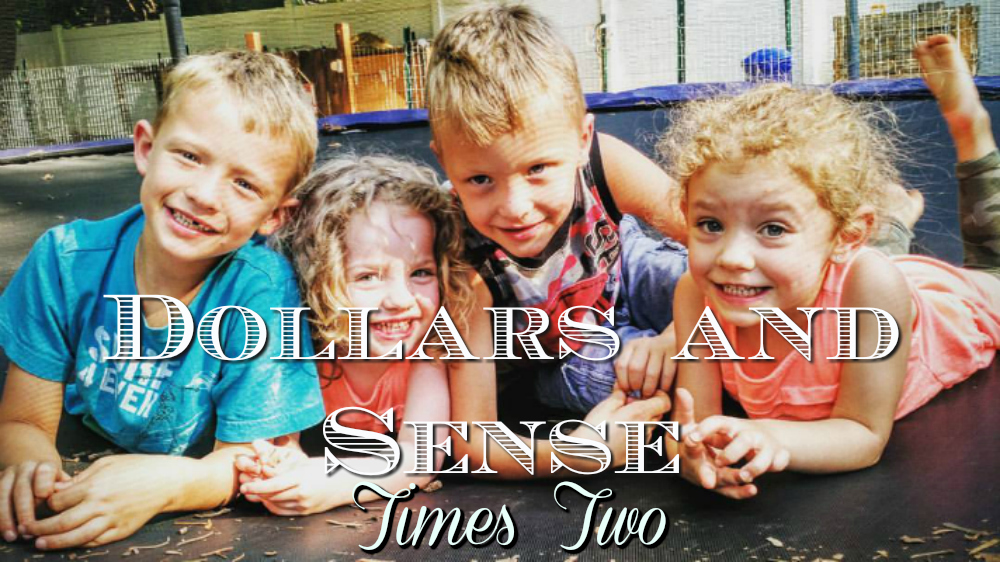It is hard to judge news in this age of social medi. At any given moment, my Facebook feed is choked full of articles, memes, sound bytes, etc… that people have posted, much of which seems credible and is easy to take at face value. However, not everything you read is true.
It was easier earlier in my life, when most of my news came from my local paper (reporters and the AP wire) or in the form of a nightly broadcast given rendered without opinion. “Just the facts, Ma’am, just the facts.” In this age of information, it is harder to discern what is credible vs. what is not. It’s exhausting, not to mention overwhelming. It can really trigger anxiety and cognitive distortion, which I discussed in my post, Strategies for Coping with an Uncertain Future.
Here are some tips that may make it easier to tease out what is really from a credible source. Keep in mind that this takes some effort on the reader’s part. However, I feel the work is worth it if it helps relieve anxiety and focuses your attention on trustworthy information.
- Try to find a primary sources using keywords. You can do this by using these keywords into a search engine. I did this for article entitled, “Why the sound of eating makes people angry.” The article was originally posted on verge.com, a source I’ve never heard of. The search engine traced it back to an article published by the BBC, a credible source.
- Look for clues in web address if there is no author in an article. Is it a domain extension like an .edu, .gov. . These typically are reliable sources. If the domain extension is a .com, .net, .org, it bears additional research. However, a website from a foreign country like maybe .am (Armenia), .bh (Bahrain) can be even more suspect. Be aware of where your source originated. An article about American political figures coming out of Africa is more suspect than the same piece coming from the US, Western Europe or Canada. You can find country specific website addresses here:
- Look at the article objectively. Who is the article aimed at? Is it slanted for a more liberal or a conservative audience? Are there primary sources in the article? Here’s an example. “In a recent study about elephants in the Washington Post, the head curator of the National Zoo stated…” This sentence references two credible sources, the Washington Post (an established newspaper) and the National Zoo (run by the Smithsonian Institute). This will give you the sense if the source is from a national media outlet or is just someone’s opinion.
- Look at the full domain name. If the post is written (like mine) at a wordpress.org or a blogger.com, it is likely someone’s opinion.Does the website have a “contact us” page? Does the author give their full name (avoid anonymous sources). For example on my page you see my full name and you can google me. Do my credentials align with whom I claim to be?
- Check the author’s grammar. Are there misspellings of common words or word misuse? Quality sources have editors who correct grammatical errors.
- Check the author’s references (if they are listed). Are they directly quoting their sources. Are their quotes used in the same context as the original sources document. We’ve all seen examples of quotes used out of context designed to skew an article’s intent.
- Most television media seeks to inform its audience about current events through the filter of its political leanings (be it left or right).These media sources utilize pundits to lend legitimacy to their interpretation of the facts. These pundits are frequently authorities in a certain field and are called upon to give an opinion based on their expertise. Here’s an example, Nancy Grace is a legal pundit. She is an experienced attorney but her role with CNN was for you to look at cases from her perspective rather than objectively. Be aware of the political leanings of your sources.
It is liberating to understand the difference between real vs. fraudulent news articles. I hope these tips are helpful. We will need them as we are forced to become more savvy media consumers in this age of information bombardment.





We do not have cable TV, only the local stations that will come in via antenna. We read the newspaper and National Geographic, a couple farm related magazines, and publications related to my husbands woodworking business and my job at the library. Due to our church preference, we do not follow any of the social medias.
Do you read, “the Budget?” I used to enjoy picking it up…
Hi, our church library has a subscription to The Budget. Some of my in laws subscribe.